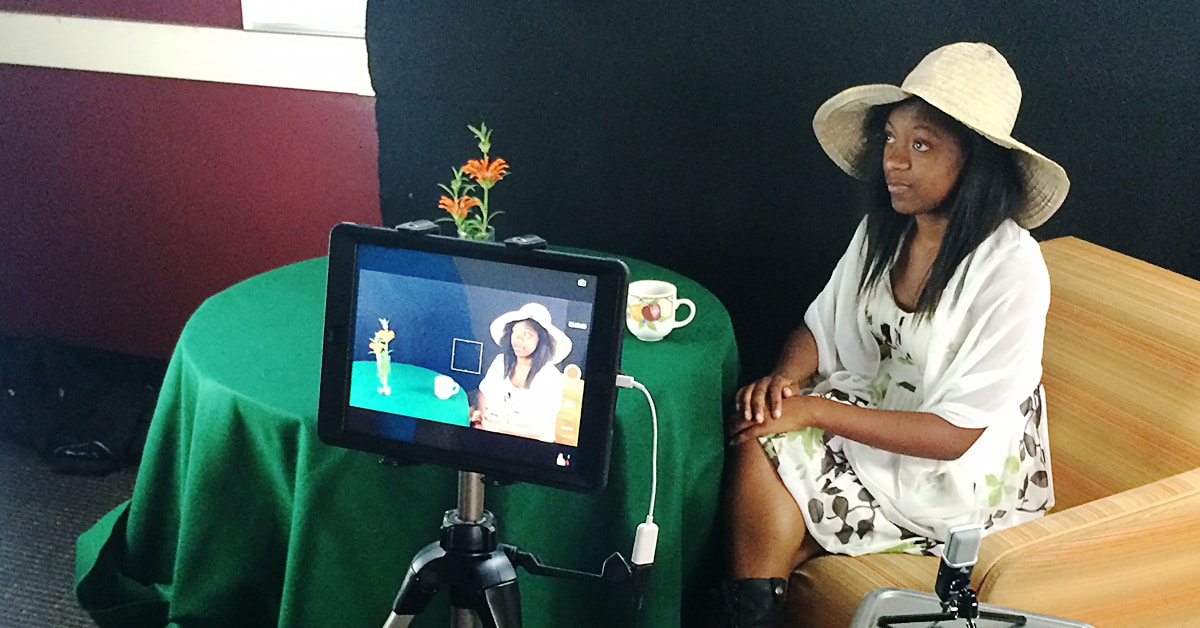Convergence

Teachers plan meaningfully and rigorously in ways that allow the synergy of soft and hard skills to interact
4 Attention-Getters That Work from Kindergarten to Grad School

Here is a paradox of teaching: if you want your classroom to be full of conversation and self-directed learning, you need to be able to quickly capture everybody’s focus.
Lesson Launch: The Wow Factor

Much like a movie’s opening scene, the launch of a lesson should grab everybody’s attention, spark curiosity, and get students asking questions.
Deconstructing Construction Projects

Last spring I was standing in my fifth-grade classroom, mid-project, rearranging student groups when I realized we had a problem. My students were building scale models of dog houses and cat condos that they had designed—and would ultimately build—to donate to a pet-adoption event later that spring.
Classroom Design for Busy People: Make a “Tribute Wall”!

As a new teacher, I faced the same dilemma every fall: What to put on the walls of my classroom?
Can’t I Just Let the Kids Decide What to Make?

Q: It seems restrictive to tell every kid to make the same kind of product when we’re doing a project. How should I decide what parts of the project to be flexible on and which are non-negotiable?
What if kids just copy the model?

The answer to this question is, literally and precisely, “I’d like to see them try.”
How (and Why) to Start a Project with a “Model Critique”

“We critique and discuss what makes the work powerful: what makes a piece of creative writing compelling and exciting; what makes a scientific or historical research project significant and stirring; what makes a novel mathematical solution so breathtaking.”
Self-Assessment Strategies for Students

How can assessment practices be designed to best support student learning? In school, the term “assessment” is often shorthand for “grades”—or, perhaps, tests, quizzes, rubrics, and similar evaluative tools. However, thinking of “assessment” as interchangeable with “test” or “grade” limits the potential for assessment practices to lead to meaningful and deeper learning.
Reading List: What is this thing we call PBL?

Sometimes the simplest questions lead to the most complexity…